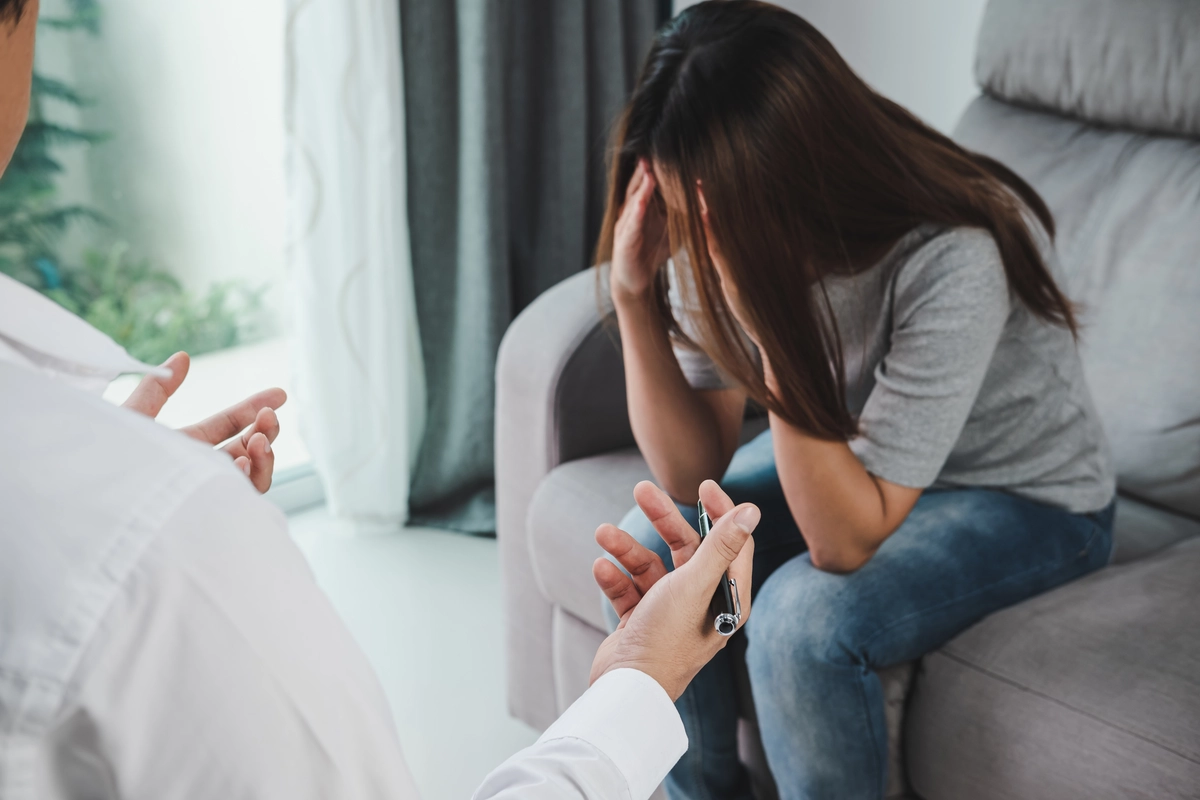24/7 Helpline:
(866) 899-111424/7 Helpline:
(866) 899-1114
Learn more about Bipolar Disorder Treatment centers in Comins

Other Insurance Options

Covered California

GEHA

BlueCross

Horizon Healthcare Service

Holman Group

Ceridian

UnitedHealth Group

Magellan Health

ComPsych

Evernorth

Excellus

Absolute Total Care

UMR

Ambetter

Sliding scale payment assistance

Meritain

Cigna

Molina Healthcare

PHCS Network

Magellan










AuSable Valley Community Mental Health
AuSable Valley Community Mental Health is a public rehab located in Mio, Michigan. AuSable Valley Co...










